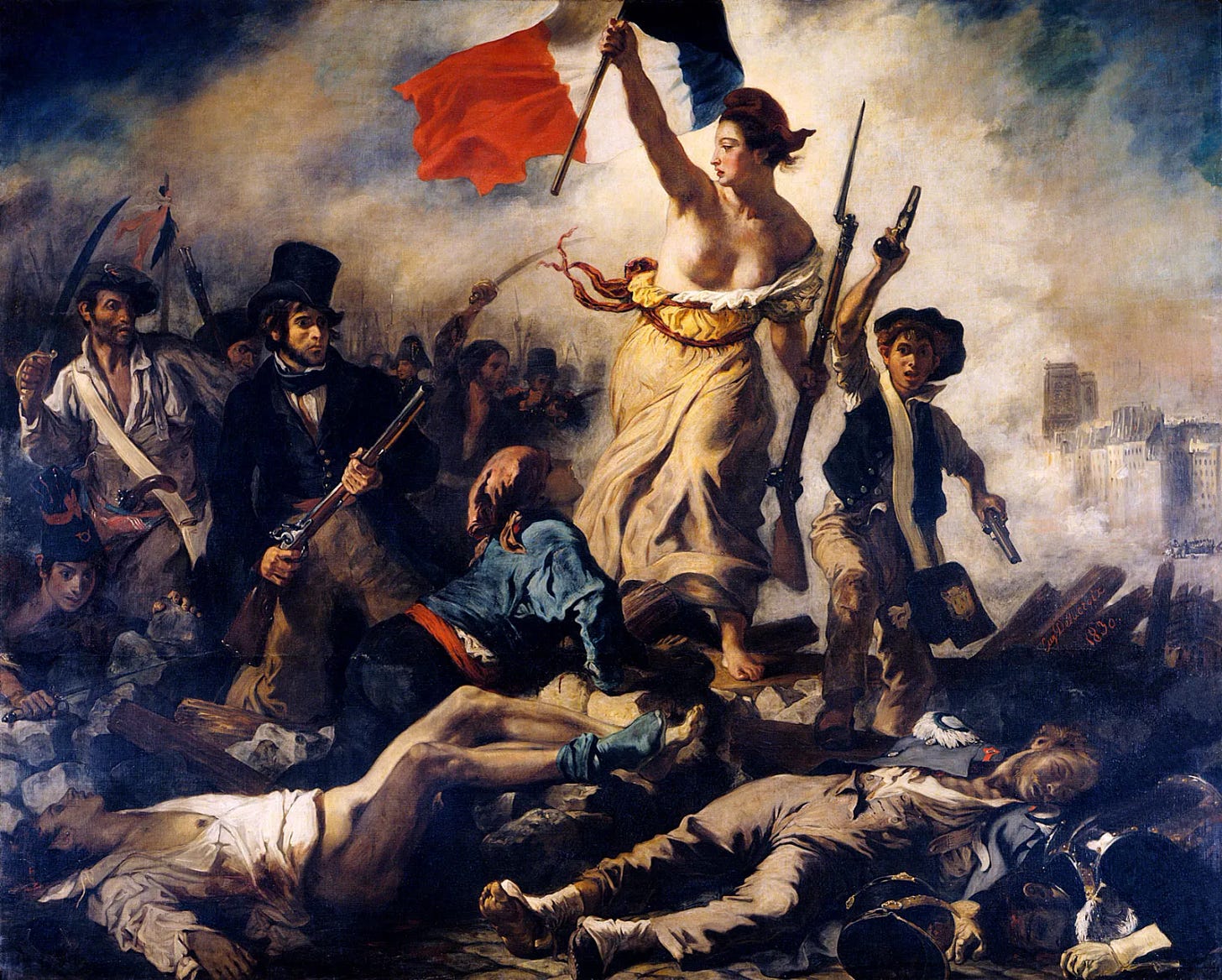Be a Romantic and a Realist
A way of life
“Dream in a pragmatic way.”
— Aldous Huxley
In 1903, Orville and Wilbur Wright changed the world. The soon-to-be famous brothers fulfilled an ancient human wish: flight. In doing so they became heroes of history.
These two were dreamers. Romantics. They had to be. Talk about a lofty goal. When they were starting out, how crazy they must have sounded to some people is hilarious to imagine. I bet they both spent many moments envisioning the success of their bold ideas. Picturing how their creations would fly.
But these two were also realists. They did the work. They created, edited, and iterated their designs. They had to calculate, tinker, and engineer. They were in constant contact with reality.
The Wright Brothers symbolize a powerful way of life—being a romantic and a realist.
I use these terms in the simplest sense.1 Romantic: “of, characterized by, or suggestive of an idealized view of reality.”2 Realist: “a person who accepts a situation as it is and is prepared to deal with it accordingly.”3
For an adventurous, interesting, thrilling experience of life, you must be both. I’m convinced that being too much of either is poisonous, a path to pain.
On one hand, to be too much of a realist is to have no spirit. The extreme realist lives like someone walking through the Vatican museum with their head down—they miss out on so much magic.
They miss out on so much fun in life because you really do experience more joy through romanticizing. It’s like, you’re not in boring small talk with a stranger, you’re sharing a sliver of time with another bizarre creature you might never see again. You’re not on a run, you’re Rocky Balboa streaking down the streets of Philadelphia. You’re not laying in bed looking at a piece of paper, you’re having a conversation with a genius.
That may sound silly. But what is life without those glorifications? He often gets made fun of, that infamous character Don Quixote. But I think he was right when he said, “perhaps to be too practical is madness. To surrender dreams — this may be madness. Too much sanity may be madness — and maddest of all: to see life as it is, and not as it should be!” At the very least he had a point.
But of course, excessive romanticizing like that is counterproductive, even paralyzing.
You get lost romanticizing, and suddenly you’re not as aggressive in your actions. You’re not as relentless in your learning. You’re not as deliberate in the way you work. If the Wright Brothers had hung out all day fantasizing about the views from above, well, of course, nothing would have happened.
Additionally, to be a realist is to add a *just a pinch* of cynicism to your way of thinking.4 It is to accept that everyone is selfish. It is recognize the ruthless competitiveness within human nature. It is to realize, as a great writer once said, that man has never reconciled himself with the ten commandments.5
To not accept these realities is to be like a wide receiver running across the middle, unaware that a free safety is creeping in your blind spot. At some point you get drilled into the dirt.
Getting planted by the shoulder pad of life inevitably makes you less naïve. You wake up. You focus on your actions, your plans, your habits. You develop a certain distaste for impractical idealism.
But then the pendulum starts swinging hard to the realist side, and you have to be careful not to slip into a foolish cynicism. You have to be careful not to forget the words of our friend Don Quixote.
More than anything, it is important to know that being a romantic and a realist are not mutually exclusive.
But then the question naturally arises, what is the proper balance? I don’t know. It’s up to you. I can’t give an answer with confidence.
What I can say with confidence is that there is power in both perspectives. In finding beauty and recognizing harsh realities. In enjoying the spiritual and carrying out the practical. In dreaming about flight and being pragmatic about how to fly.
Some other more complex meanings of these words are the American and European Romanticism movements, as well as Realism in international relations theory, which are both fascinating and worth studying.
Oxford Languages
Major emphasis on *just a pinch.* I used to often mistake cynicism with intelligence. That was wrong. It is so easy to be cynical. And I think that in the long-term, being cynical is clearly a losing strategy for life in general.
The Lessons of History, Will & Arielle Durant (1968)



Such as wonderful Insight
I love this, and finding this balance has always been difficult for me - they require such different mental states. It's so hard to act accordingly when realize you need to go on a long walk when you're in the middle of some deep flow.